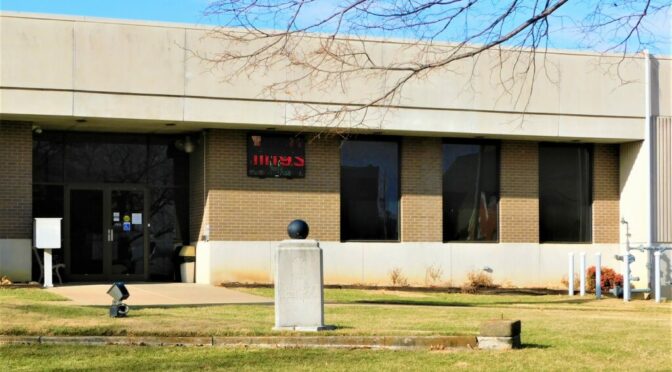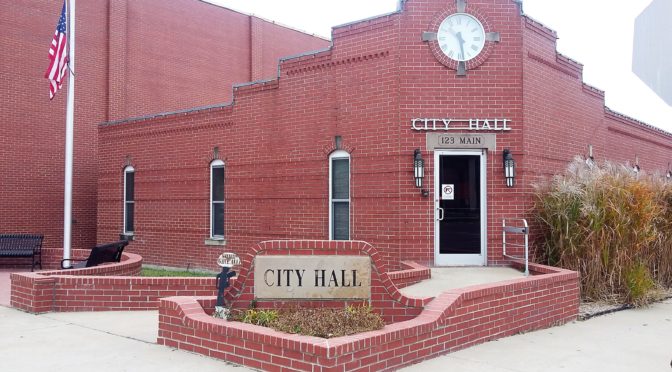NEWS RELEASE
Monday, November 9, 2020
Members of the USD 234 Board of Education met at the Fort Scott Middle School Commons on Monday, November 9, for their regular monthly meeting.
President David Stewart opened the meeting. The board approved the official agenda. The board also approved the consent agenda as follows:
A. Minutes
B. Bills and Claims
C. Payroll – October 20, 2020 – $1,414,951.80
D. Financial Report
E. Activity Fund Accounts
F. Parent/Teacher Conference Attendance
G. Fundraisers
One patron spoke during the public forum. Ella Beth presented a report on the
Fort Scott High School Courtyard project.
Board members heard reports from the following:
· Brenda Hill, KNEA President
· Michelle Stevenson, Early Childhood Program
· All building principals
· Dalaina Smith, Director of Academics
· Ted Hessong, Superintendent
· Gina Shelton, Business Manager/Board Clerk
The board went into executive session to discuss employer-employee negotiations. The board returned to open session.
Superintendent Hessong gave a Return-to-School update. Board members approved the following changes to the Return-to-School Plan:
· Classroom contact of an individual with lab-confirmed COVID-19 is not considered a close contact requiring quarantine if mitigation strategies are in place.
o High-risk contacts are defined as those individuals with unmitigated exposure such as unmasked lunch exposure, social exposure, extracurricular activities including sports, home exposure, or other exposure outside of school setting, and as determined by a health officer or designated official.
o Low-risk exposure is defined as mitigated classroom exposure (mask-in-place, appropriate hand washing/sanitation) and casual contact, as determined by the health officer or designated official, with mitigation standards in place.
· Remote learners are eligible for extracurricular activities with mitigation strategies in place.
The board approved Blue Cross/Blue Shield for the district health insurance for 2021.
Board members shared comments and then went into executive session to discuss personnel matters for nonelected personnel and returned to open meeting
The board approved the following employment matters:
A. Resignation of Heather Geiger, high school paraprofessional
B. Resignation of Brenda Hathaway, high school cook
C. Employment of Whitley Chesney as middle school/high school choir teacher for the 2020-21 spring semester
D. Employment of Elizabeth Rose as a middle school paraprofessional for the 2020-21 school year
E. Resignation of Sarah Bahr, high school assistant debate and forensics coach
F. Resignation of Angie Kemmerer as middle school head volleyball coach, effective at the end of the 2020 season
G. Transfer of Joie Moore, high school 6.5-hour cook, to a high school 6.5-hour ticket clerk for the 2020-21 school year
H. Employment of Glenda Cooper as a high school 6.5-hour cook for the 2020-21 school year
I. Resignation of Jacy Walker as high school head volleyball coach
J. Employment of Mark Bergmann as high school assistant debate and forensics coach for the 2020-21 school year
The board adjourned.


